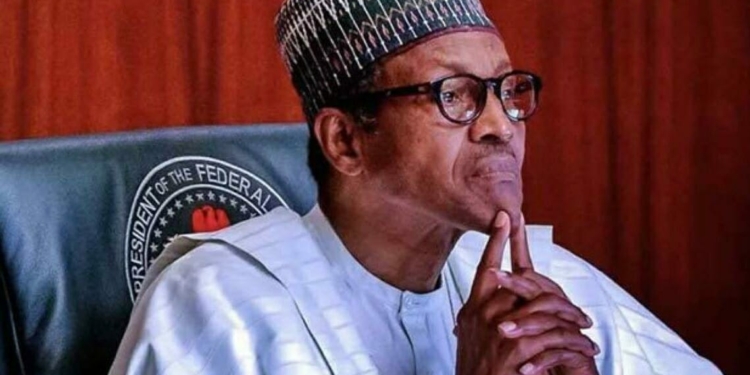- Laolu Akande, former presidential aide, stated that President Buhari’s first term (2015-2019) was more effective than his second term
- Akande criticized the relocation of the National Social Investment Programmes, highlighting challenges and financial irregularities in the process
In a recent statement on Thursday, Laolu Akande, a former presidential aide, expressed his perspective on ex-President Muhamamdu Buhari’s leadership, highlighting a more effective grip during his first term from 2015 to 2019 compared to his second term between May 2019 and May 2023.
Speaking on Channels Television’s Sunrise Daily programme, Akande shared insights on the challenges faced by the National Social Investment Programmes, emphasizing the unfavourable outcome of moving it from the presidency to the Ministry of Humanitarian Affairs, Disaster Management, and Social Development.
The discussion arose in connection with the launch of a new book titled ‘Working with Buhari: Reflections of A Special Adviser, Media, and Publicity (2015-2023),’ authored by Femi Adesina, ex-presidential spokesman, in Abuja on Tuesday.
Akande acknowledged the amiable nature of President Buhari but critiqued certain decisions made during his tenure. He highlighted a significant disagreement with creating the Humanitarian Affairs Ministry, leading to a sharp disconnection from the previously successful National Social Investment Programmes.
“President Buhari, between 2015 and 2019, had a better grip on things than between 2019 and 2023. Some strategic decisions, like creating the Humongous Humanitarian Affairs Ministry for social investment, lacked agreement,” Akande asserted.
He criticized the abrupt program transfer from those who excelled from 2016 to 2019, causing tension and disruption. The National Social Investment Office (NSIO), established in 2016 under then VP Osinbajo, saw successful implementation involving four key programs benefitting millions.
However, in mid-2019, President Buhari’s decision to relocate the programs to the new Ministry of Humanitarian Affairs resulted in controversies and financial irregularities. Anti-graft agencies are probing former ministers and officials for alleged financial misconduct, including money laundering and embezzlement.
The move, intended to institutionalize social investment efforts, faced challenges as the transition lacked coordination and communication between existing handlers and the newly established ministry. Akande’s critique sheds light on the importance of strategic decisions and effective communication for successful governance, urging a reevaluation of the approach to such critical national programs.








Discussion about this post